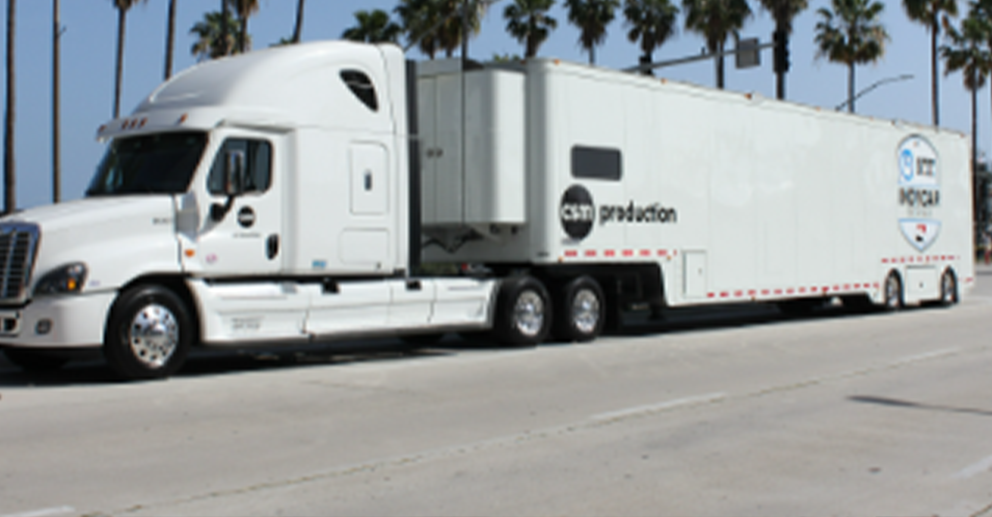Managing a fleet means factoring in several kinds of expenses, with tolls marking a significant dent in the budget. But with the aid of strategic fleet toll management, it is possible to optimize savings.
What is the new toll collection system?
With the advent of technology, the modern GPS-based “virtual toll-collection booth” is a system where a set of pre-defined road coordinates are designated as toll-collection points. It uses the concept of geo-fencing where GPS coordinates of vehicles that enter a designated area are automatically matched with that of the virtual toll-booth and toll-charges automatically debited from the bank account mapped against that vehicle.
A GPS-enabled app/device in a vehicle is needed to communicate with a virtual toll booth. Additionally, advanced data integration and data analytics that these fleet management systems offer enables managers to constantly track, monitor, and improve fleet performance in areas of tolls paid, fines incurred, fuel consumption, assigning accountability, and aiming to optimize operations.
Here are a few tips:
Effectively plan routes
Navigating the most cost-effective routes significantly impacts your bottom line. By employing advanced route optimization solutions, businesses can steer clear of high-toll roads, reducing expenses such as fuel wastage that occurs due to long waiting times at toll plazas.
Optimize toll schedules
Time is of the essence when it comes to toll expenses. Discovering off-peak hours or days for travel can lead to substantial cost savings. Leveraging toll schedules can help in making informed decisions, minimizing toll expenses without compromising on productivity.
Use discounts and research corporate rates
There are several toll authorities that offer discounts or programs for frequent travelers. Exploring and enrolling in these programs can yield considerable savings over time. Yet another way to reduce expenses is to establish corporate accounts – often it can lead to negotiated rates or rebates with toll authorities. This strategic approach ensures that your fleet enjoys favorable terms, ultimately reducing toll costs.
Leverage technology
GPS tracking and toll management software can help to ensure toll payments are being generated correctly – these solutions provide real-time insights, which empower businesses to make smart, informed decisions, thereby curtailing unnecessary expenditures.
Automated payments and centralized management
It is time to eliminate manual errors and ensure timely payments, by automating the entire system. Thus, managers can avoid fines or penalties. Embracing electronic toll collection systems not only saves time but also prevents unnecessary costs linked to human error. Centralizing toll management streamlines administrative tasks, ensuring better oversight and control. Consolidating toll-related activities under a single umbrella enhances efficiency and minimizes chances of overspending.
Regular audits
Make sure audits are carried on regularly, as it can help detect discrepancies and potential areas for savings. Analyzing toll expenses periodically ensures that your fleet operations stay cost-effective, enabling timely adjustments.
Monitor usage
It is imperative for managers to monitor real-time toll usage patterns when it comes to identifying cost-saving opportunities. Analyzing usage data aids in devising better strategies for minimizing toll expenses – this data is available from a centralized dashboard of the fleet management system.
Anstel’s customized fleet management solutions can work wonders when it comes to helping fleet managers save on fleet expenses by streamlining toll payments. Moreover, drivers have to be trained regarding optimal route selection and toll management policies, as they directly impact cost reduction efforts.

 Global
Global Australia
Australia India
India





Write a comment
Your email address will not be published. All fields are required